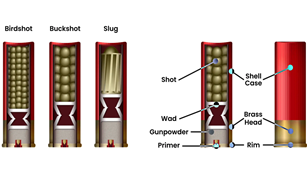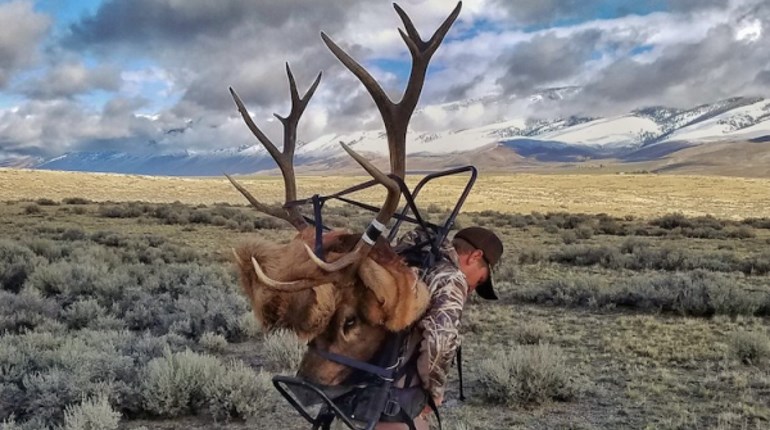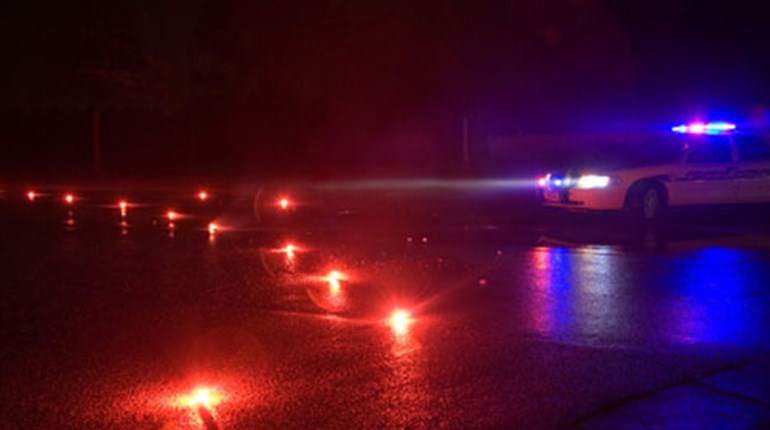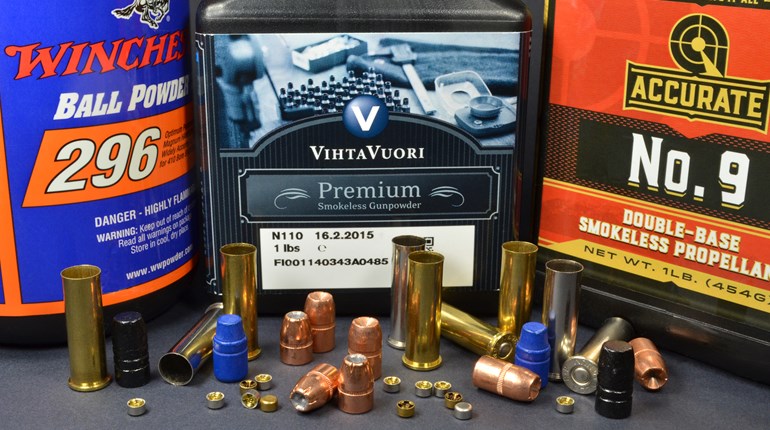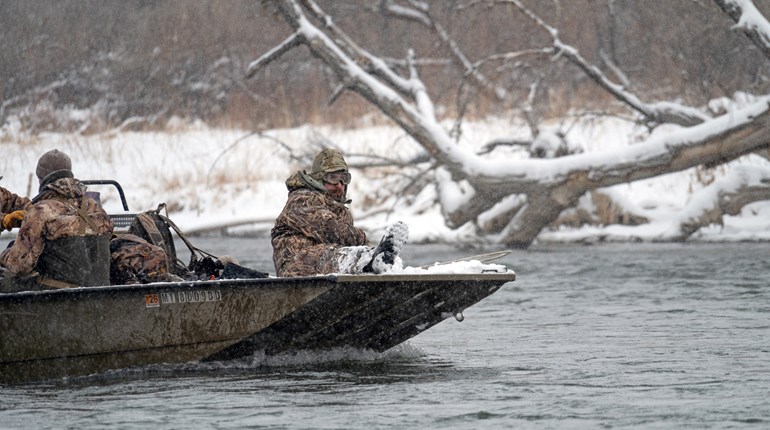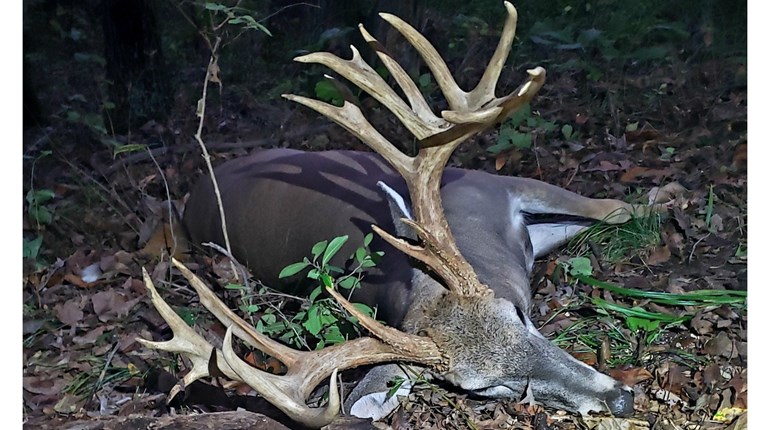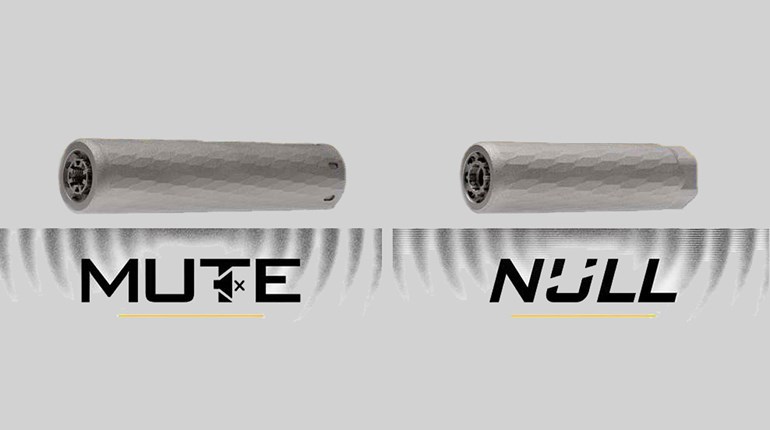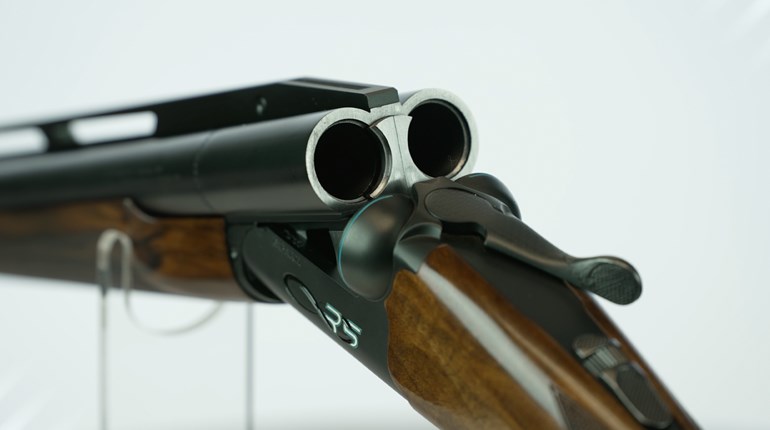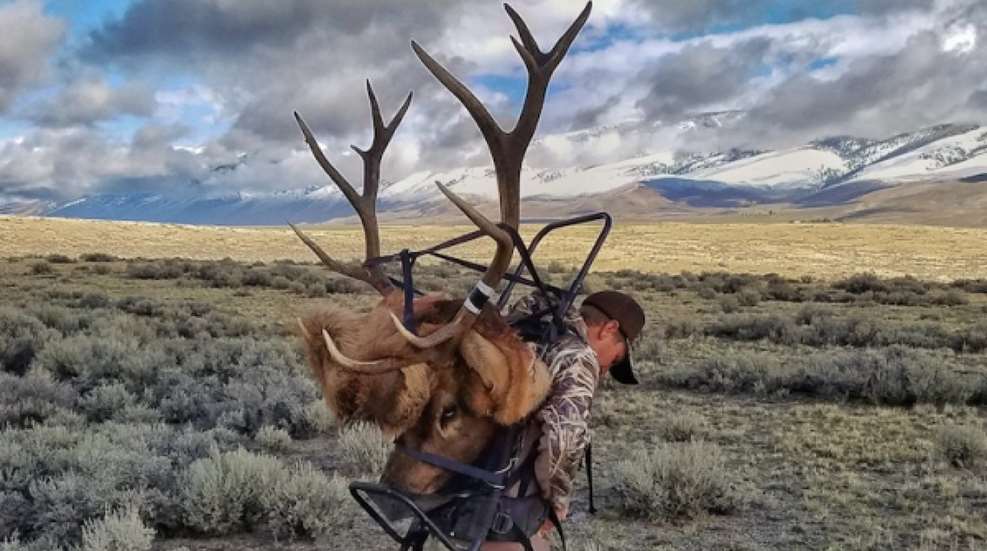
While early-season hunts can provide an excellent opportunity to harvest a big game animal, warm weather brings additional challenges when it comes to properly caring for game meat to prevent it from spoiling, especially when dealing with larger animals like moose and elk.
The key to preserving meat in hot weather is to begin the cooling process as quickly as possible. Meat spoils the quickest around the ball joints in the hip and underneath the front shoulders. Your harvest should be immediately skinned, reduced to quarters, and quickly transported to cold storage. In larger animals it may even be necessary to make some cuts in between muscles to the bone to allow heat to escape. Larger muscle masses take a long time to cool, and meat can spoil in a matter of hours if heat cannot escape.
Failure to cool meat down fast enough may result in what is commonly referred to as bone souring. Bone souring is caused by an explosion of bacteria, typically near the bones, that gives the meat a pungent aroma and foul taste. Once bone souring has occurred, there is no way to salvage or reverse it.
Hunters have a legal and ethical obligation to properly care for game meat they harvest. Allowing game meat to spoil will not only result in lost meat, but the hunter may also be cited for wasting game. Having a plan in place before you harvest in warm weather will help you end up with a freezer full of quality meat, instead of the heartache of spoiled meat.
Meat can spoil overnight
When an animal is harvested in the evening, it still needs to be found, cleaned, and processed as quickly as possible. Keep in mind that the ground is a great insulator. The elevated part of the carcass might cool slightly, but the bottom-side will retain heat and sometimes spoil if left overnight.
Have ice available
If you’re making a relatively short trip from the field to home or field to camp, fill the body cavity of an unskinned pronghorn or deer with ice bags to help cool it. But beware, body heat can remain in the thickest parts of the animal, such as the hindquarters, and stuffing with ice is only a temporary measure. You should not rely on ice alone in the body cavity of larger animals like elk or moose, which will require skinning and additional cutting to allow heat to escape. For longer trips, blocked ice in a quality cooler will last much longer than cubed ice.
Don't hang meat if it's too hot
It is safer to skin, quarter, and put the meat on ice rather than hang it in fluctuating temperatures. A large cooler will hold most or all of a deer that’s been quartered, or an elk that has been cut into smaller pieces. Remember to leave evidence of sex and species, as your local state fish and game rules.
Find a meat processor
It is becoming more common for hunters to take animals into a processing facility rather than butcher the meat at home. Knowing where the nearest meat processing facilities are located and their hours of operation will make it much easier to get meat taken care of quickly. Some meat processors only accept game animals at certain times of the year and space may be limited, so it never hurts to make a phone call before you go hunting.
Protect the meat from insects
In temperatures below 40 degrees, flies are rarely a problem, but in higher temperatures, flies are your enemy. Game bags are essential to keep meat free of flies and clean as well. In warm weather, always bag skinned meat immediately. It is far easier to keep meat clean than it is to remove fly eggs, hair, dirt, grass, and pine needles later.
Use water carefully
There are conflicting views about washing down a big game animal with water after it is skinned. Most professional meat processors agree that using clean, cold water to remove animal hair and dirt is a good practice if the carcass air dries quickly so that the water does not encourage bacterial growth. A cold-water spray can also hasten the cooling process.











